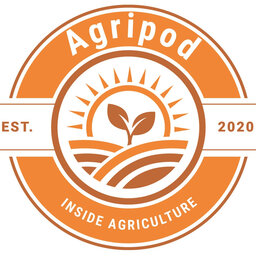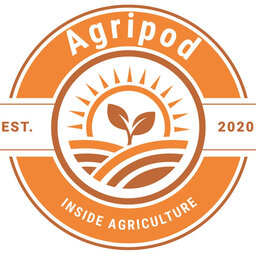Issues from shortened crop rotation and the economic value of shelterbelts
Agripod
Agriculture through a modern lens. Digging into the topics that matter to you. With Alice Mcfarlane.Farmers have shortened up crop rotation for a number of reasons. Oilseed agronomy research scientist Patrick Mooleki is with Agriculture and Agri-Food Canada at the Saskatoon Research and Development Centre. He said there are numerous issues popping up because of this practice including herbicide resistance in weeds and increased disease pressure including blackleg and fusarium head blight. Patrick says the continuing practice will have long term implications.
There tends to be a focus on the negative environmental aspects of farming like the greenhouse gases emitted from vehicles, fertilizers, and grain transportation. But there is new work showing this impact can be offset by planting trees. It's estimated more 21.3 million tonnes of carbon-dioxide-equivalent is stored in Saskatchewan’s 60,000 km of shelterbelts, representing about $639 million in total economic value under the federal $30 per tonne carbon-dioxide-equivalent pricing system.
Bryan Mood with USask will discuss a new app that is designed to show the economic value of shelterbelts while helping landowners determine the best trees to grow.
 Agripod
Agripod


